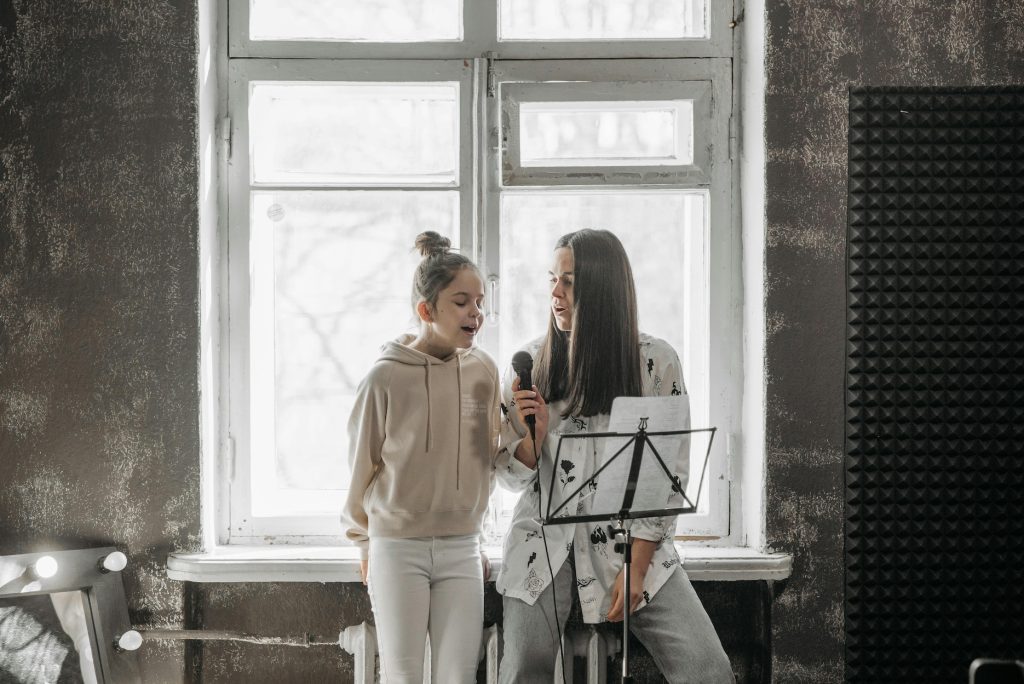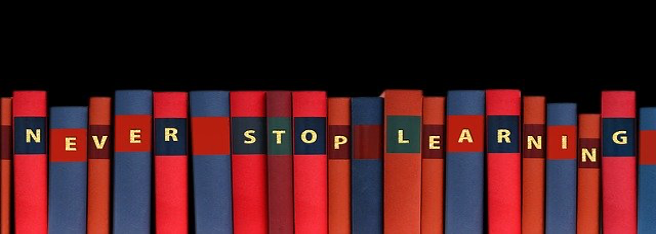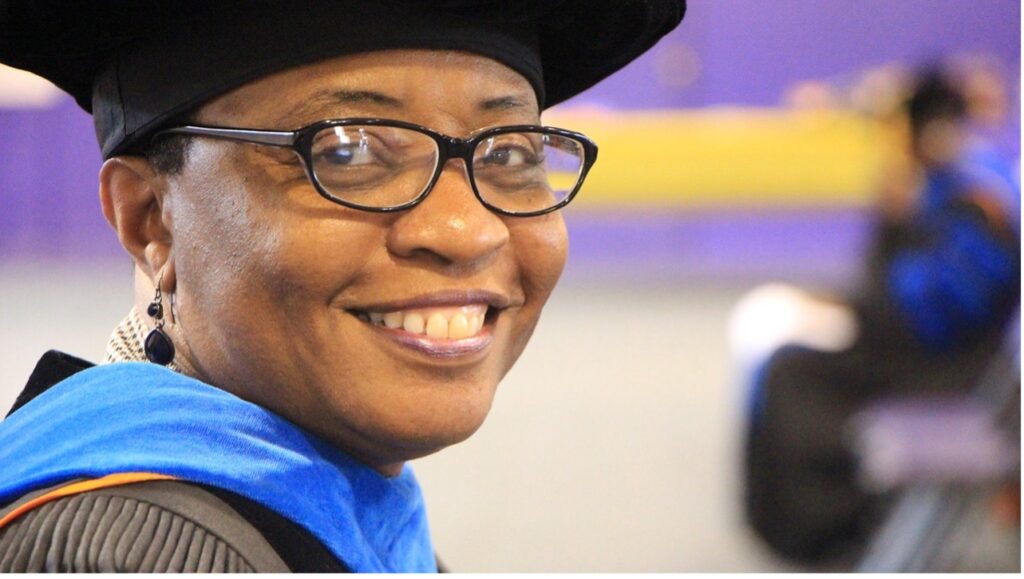PEDAGOGY-INFORMED VOICE SCIENCE: AN ESSENTIAL PARTNER TO SCIENCE-INFORMED PEDAGOGY
AATS recognizes the value of science-informed pedagogy, while acknowledging that facts evolve and urges a companion “Pedagogy-Informed Voice Science” in light of recent research in cognitive neuroscience. AATS encourages an integrated approach to voice pedagogy requiring both scientific research and voice practitioner insight. By fostering interdisciplinary collaboration, voice practitioners and researchers can mutually enhance both […]
PEDAGOGY-INFORMED VOICE SCIENCE: AN ESSENTIAL PARTNER TO SCIENCE-INFORMED PEDAGOGY Read More »










